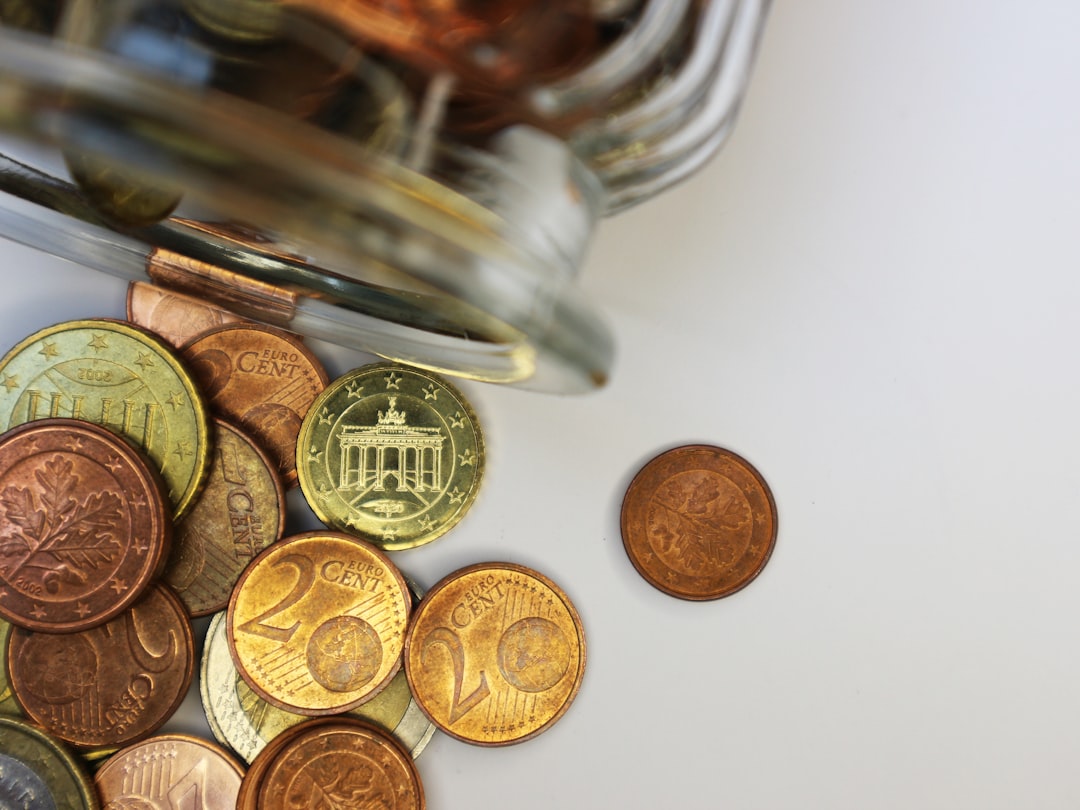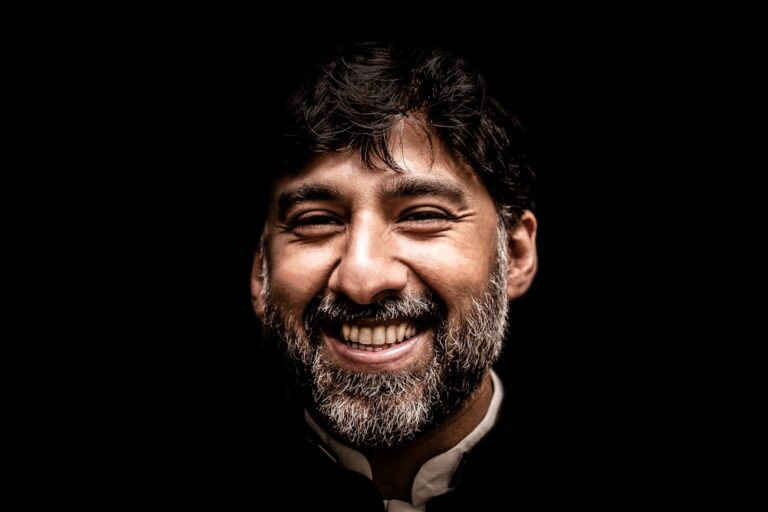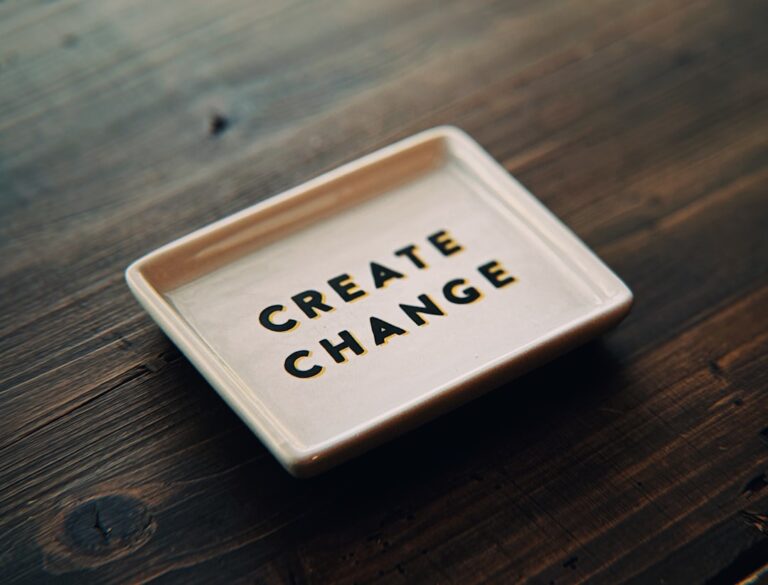
Ever feel like your money controls you instead of the other way around?
If you nodded yes, you're definitely not alone. So many of us feel stressed or a bit lost when it comes to money. It's not about being a math whiz or getting rich quick. It's about finding a sense of peace and control over your finances so you can live a life that truly feels good. I've been on my own journey of figuring things out, not just with money but with building a healthier life overall. I'm here to share what I've learned, friend to friend.
What Financial Wellness Really Means
Before we dive into steps, let's chat about what financial wellness actually is. It’s more than just numbers in a bank account. It's about feeling secure. It's about having choices. It’s about your money supporting your life and your values, not causing you constant worry. It means you can handle an unexpected expense without panic. You can plan for your future with hope. And you can use your resources in a way that aligns with what’s truly important to you.
16 Steps to Financial Wellness
Alright, let's get practical. These aren't magic tricks but simple, steady steps. Remember, progress over perfection.
-
Know Your Starting Point
Take an honest look at where you are right now. What do you owe? What do you own? What comes in and what goes out? No judgment. Just get a clear picture. It's the essential first step. -
Define Your "Why"
What does financial wellness mean for your life? Is it freedom from debt? Saving for a home? Being able to support your family or causes you care about? For me, part of my "why" is connected to my faith. I believe good stewardship of what we're given is important and allows me to support what matters most. Knowing your deep reasons will keep you motivated. -
Track Every Penny (For a Bit!)
Okay, this sounds tedious I know. But just for a week or two, write down everything you spend. Coffee, gum, online subscriptions, everything. Use an app or a simple notebook. It’s not about judging yourself. It’s about seeing where your money is actually going. You might be surprised. -
Create a Simple Budget
A budget isn't a financial prison. It’s your roadmap to freedom. Based on your tracking, plan where your money will go. Give every dollar a job. There are tons of simple ways to do this. Find one that works for you and doesn't feel overwhelming. -
Set Achievable Goals
What do you want to achieve financially? Pay off a credit card? Save for a down payment? Break it down into small, manageable steps. Short-term goals (like saving $100 this month) build confidence for long-term ones. -
Build Your Safety Net
An emergency fund is your financial peace of mind. Aim to save enough to cover 3-6 months of essential living expenses. Start small. Even $20 a week adds up. This fund protects you from going into debt when life throws a curveball. -
Tackle Debt Head-On
Debt can feel like a heavy weight. Make a list of all your debts from smallest to largest or by highest interest rate. Then, create a plan to pay them off. Focus on paying extra on one debt while making minimum payments on others. Every debt paid off is a huge win. -
Automate Your Savings
This is a game-changer. Set up automatic transfers from your checking account to your savings account each payday. Even a small amount. You pay yourself first without even thinking about it. -
Look for Ways to Earn More
Could you ask for a raise? Develop a new skill? Start a small side business doing something you enjoy? Extra income, even if it's not a lot, can accelerate your financial goals. -
Protect What You've Built
Insurance is there to protect you from major financial setbacks. Review your health, home, auto, and life insurance. Make sure you have adequate coverage for your needs. It’s better to have it and not need it. -
Plan for Your Future Self
Retirement might seem far away but starting early is incredibly powerful. If your employer offers a retirement plan, contribute, especially if there's a match. If not, explore other retirement savings options. Your future self will thank you. -
Keep Learning About Money
You don’t need to become an expert overnight. Read articles. Listen to trusted sources. The more you understand about personal finance, the more confident you'll feel making decisions. -
Spend with Intention
This one's big for me. I struggled for years with habits like binge eating and gaming. Talk about impulse control issues. Learning to pause and ask myself if I really needed something, or if I was just seeking a quick fix, was a game-changer. It's the same with spending. That pause before you buy can save you a lot of regret and money. Ask yourself: "Is this a need or a want? Does it align with my goals?" -
Practice Generosity
Financial wellness isn't just about hoarding money. There's a real joy in giving, whether it's to your church, a charity, or helping someone out. It shifts your focus from just accumulation to contribution. For me, it aligns with my faith and brings a deeper sense of purpose to my financial journey. -
Celebrate Your Progress
Remember how I mentioned losing over 110 pounds? That didn't happen overnight. It happened by celebrating every small victory along the way. The first 5 pounds, fitting into an old shirt, choosing a healthy meal. Do the same with your finances. Paid off a small debt? Stuck to your budget for a week? High-five yourself. These little wins build momentum and keep you going. -
Review and Adapt
Life changes. Your income might change, your family might grow, or your goals might shift. Your financial plan isn't set in stone. Review it regularly, maybe every six months or once a year, and make adjustments as needed.
It’s a Journey Not a Sprint
Please remember this is a marathon not a sprint. There will be good days and some not-so-good days. You might slip up with your budget or an unexpected expense might knock you off track. That’s okay. It’s normal. The key is to not give up. Just like when I was working to overcome unhealthy habits, there were times I stumbled. But I learned to pick myself up, learn from it, and keep moving forward. Show yourself some grace and keep focused on your "why."
Financial wellness is within your reach. It takes time, patience, and consistent effort, but every small step you take makes a difference.
So, what’s one small step you can take today, right now, towards your financial wellness? Maybe it’s just deciding to track your spending for the next week. Go for it. You’ve got this.





